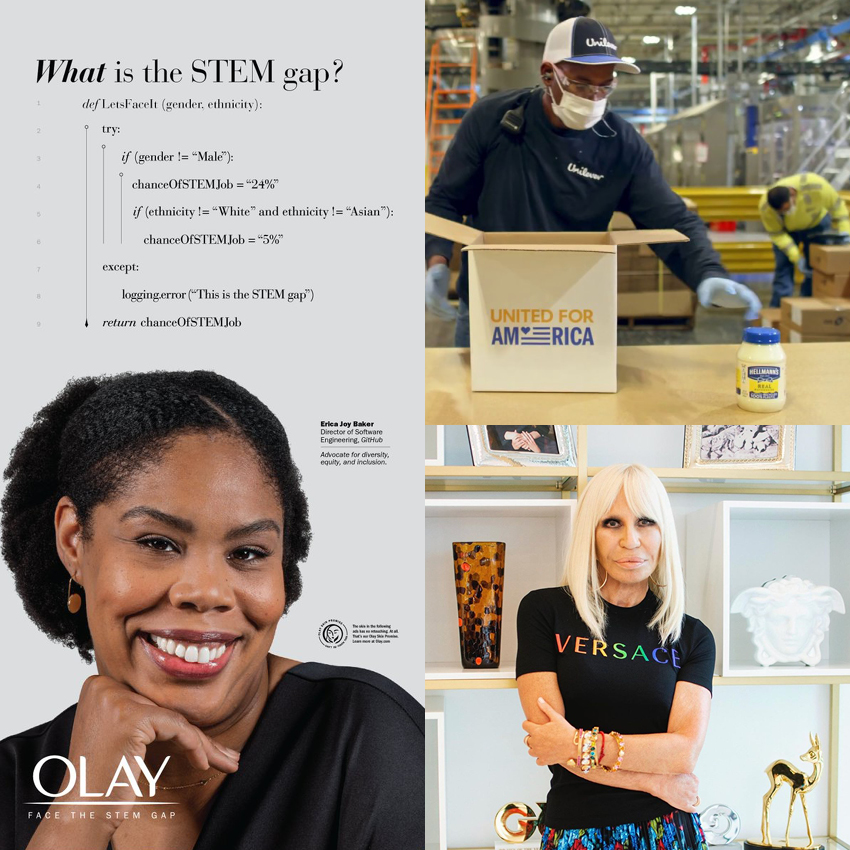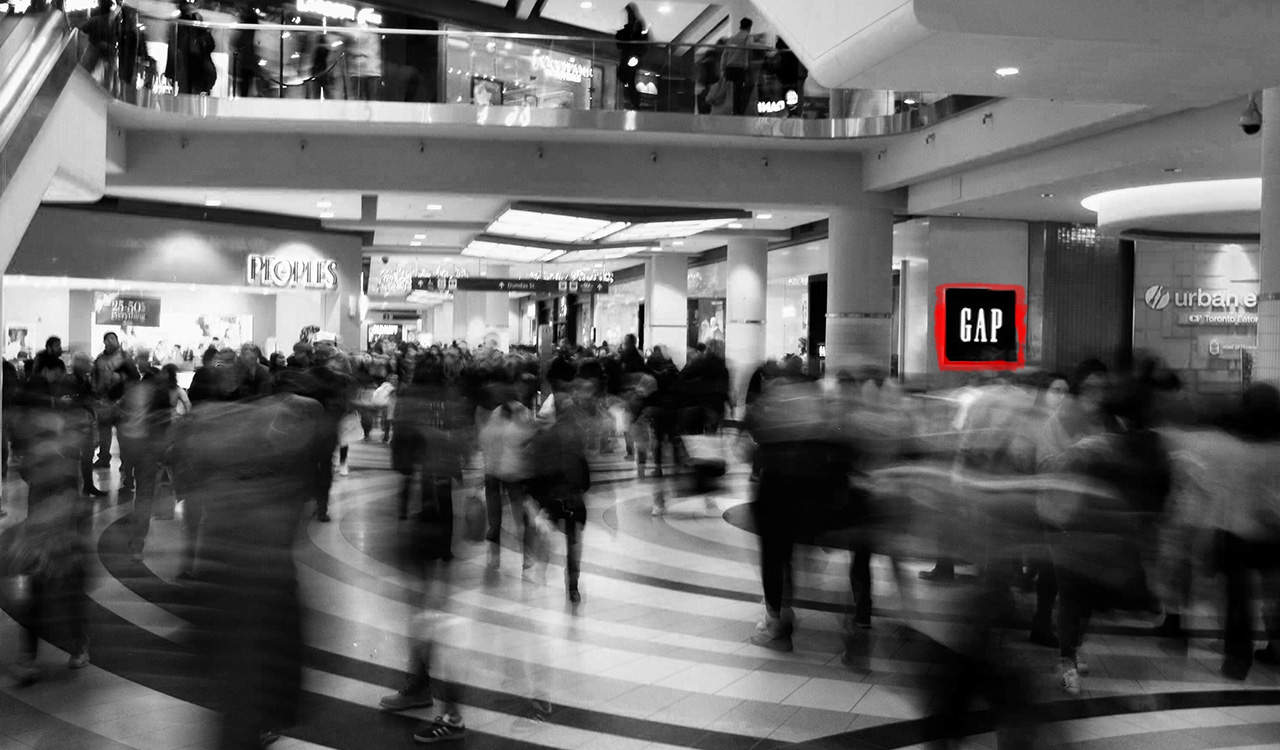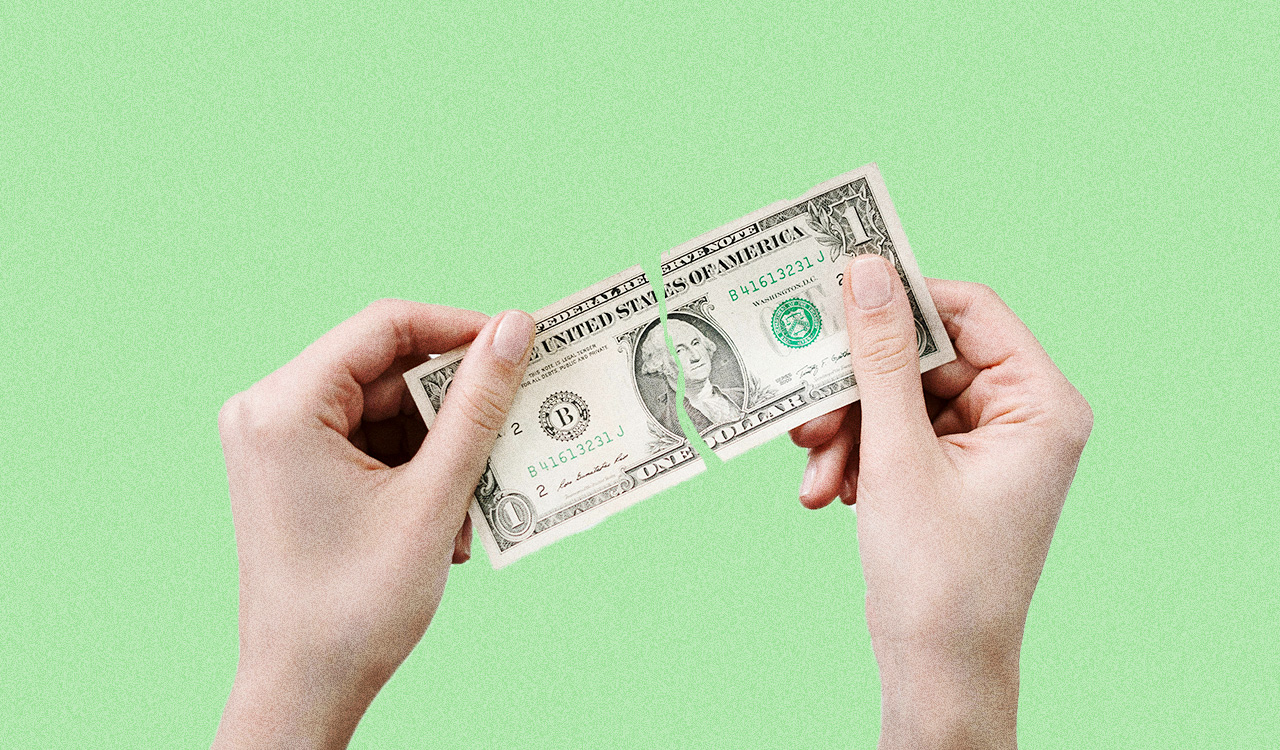The urban and suburban landscapes are becoming increasingly surreal. Thousands of retail store closures and Main Street vacancies are sweeping the nation, as coronavirus pulverizes the global economy. But the pandemic isn’t the only issue that will permanently alter the way we do business. With millions of Americans confined to their homes and a historic election underway, participation in social justice causes has skyrocketed.
People are finally being forced to sit with themselves for an extended period of time without the constant demands of work and school pickup/drop-off. And the collective conclusion of this global period of self-reflection is, “We Need to Do Better.” An unprecedented number of people, 15 to 26 million in the U.S. alone, took to the streets to support the Black Lives Matter protests. Zero waste initiatives and conscious capitalism have seen renewed interest. And retailers need to be more socially active to retain customers.
A Call to Action
Remember when money was a status symbol? These days, next-gens are looking at money as a vehicle to achieve an end goal, whether it be sustainability, equal pay, immigration rights, or social justice reform. Consumers find their tribe by homing in on brands that align with these values, which is why retailers are now 4.1 times more likely to sponsor cause-related initiatives than any other industry. And this isn’t a movement that is poised to die down as soon as the threat of the virus subsides: 89 percent of consumers report that they will continue supporting brands that earned their trust during the pandemic.
[callout]The list of CEOs and boards foregoing their salaries is impressive: The CEOs of Dick’s Sporting Goods, Macy’s, Kohl’s, Burlington, REI and many others. Even Donatella Versace herself isn’t getting paid until all of this is over.[/callout]
Charging forth with business-as-usual can be fatal to retail brands. A recent study by NBCUniversal found that over three-out-of-four viewers are loyal to companies that value their community\’s well-being over profit during the crisis. There’s a rallying cry in the retail industry for brands to contribute to public welfare and social justice in drastic ways that were previously unthinkable. From CEO’s taking pay cuts (or foregoing their salaries entirely), to ads promoting social distancing, to massive donations from large corporate conglomerates…the one certainty in all of this chaos is that the expectations placed on retailers will never be the same.
Cosmetics Companies Demand Diversity
Although cosmetics has always been a forward-thinking vertical, brand activism has been super-charged since March. Black Lives Matter and gender equality are two arenas where cosmetic giants have been particularly active. It’s become arguably more mainstream for brands to have a voice (and plan of action) in these arenas than to remain silent.
Glossy reports that Benefit Cosmetics paused posting on TikTok from May 30-June 15. Colourpop, Too Faced and Fenty followed suit; while Milk Makeup posted in support of Black Lives Matter on May 30 and paused posts from May 31-June 16. Eos and Elf also posted in support of BLM, among others.
And the skincare and anti-aging OG, Olay (formerly Oil of Olay), has taken some huge strides to help support pay inclusivity. Women make up less than a quarter of science, technology, engineering and math professionals. This takes a major economic toll, as women are often urged into less lucrative careers. Olay’s #FaceTheSTEMGap campaign featuring diverse women in STEM launched on Women’s Equality Day, with the goal of closing the STEM gender gap by 2030. The company recently donated $500,000 to Girls Who Code, with a $1 million total donation to support women in STEM fields.
Unilever Sets a Precedent
Cosmetics isn’t the only vertical where heavy hitters are opening their pocketbooks in support of a cause. Who’d have thought that a corporate conglomerate like Unilever would get down in service of the customers they serve? Unilever has a shocking number of trademarks in its catalog, including: Axe, Breyers, Degree, Dollar Shave Club, Hellmann\’s, Klondike, Lever 2000, Lipton, Magnum, Nexxus, Noxzema, Pond\’s, Popsicle, Q-tips, St. Ives, Suave, Talenti, TAZO, TIGI, TRESemmé, Vaseline, and many others…as well as a few forward-thinking brands like Ben & Jerry\’s, Dove, and Seventh Generation.
Unilever partnered with major retailers to create an initiative called United for America that strives to tackle some of the social issues that have been exacerbated by the pandemic. Namely, the education gap, access to food and essential supplies, and what the company calls “the She-cession” –– meaning the disproportionate financial impact the pandemic has had on women.
This isn’t just a pipe dream: United for America donated goods and services totaling $25 million since launching in March. Through a partnership with grocers, including Albertsons, Dollar General, Vons, Pavillions, HEB and others, United for America will provide essential services to communities in need. These services include dispensing computers and data plans, donations to local food banks, and financial support for community organizations. United for America will also support vulnerable populations, such as cash-strapped families, women-owned businesses, and communities comprised of ethnic and racial minorities across the U.S.
CEOs Take Salary Cuts
Poverty is a social justice issue. Around 2 million retail employees were laid off as of June. Although other brand initiatives are certainly more impactful, perhaps the most jaw-dropping is the number of prominent retail CEOs who have announced that they personally are going to take a pay cut to continue to pay employees during the crisis.
The list of CEOs and boards foregoing their salaries is impressive: Dick’s Sporting Goods, Macy’s, Kohl’s, Burlington, REI and many others. Heck… even Donatella Versace herself isn’t getting paid until all of this is over.
Sally Beauty\’s CEO and board of directors will take a 50 percent pay cut, as will the CEO of Best Buy. And while the home improvement sector may be experiencing a boost during this crisis, they’re still expected to give back. In fact, Lowe’s contributed more than $450 million to “associates and communities” during the pandemic.
A New Precedent for Brand Success
We’re always talking about relevance in the retail industry: What styles are relevant? Is e-commerce or brick and mortar more relevant? Which social media platforms do different generations use? But the term has come to mean something more in the current crisis. The dictionary defines “relevance” as “the quality or state of being closely connected or appropriate.” This global pandemic has shown us just how closely, definitively connected we all are… and what’s considered appropriate brand behavior has forever changed.
Consider this the death rattle of soulless corporations. Socially conscious brands will soon be the only brands. Those that don’t take a stand will get mowed down in the exodus towards a new kind of consumerism.
Onward!




